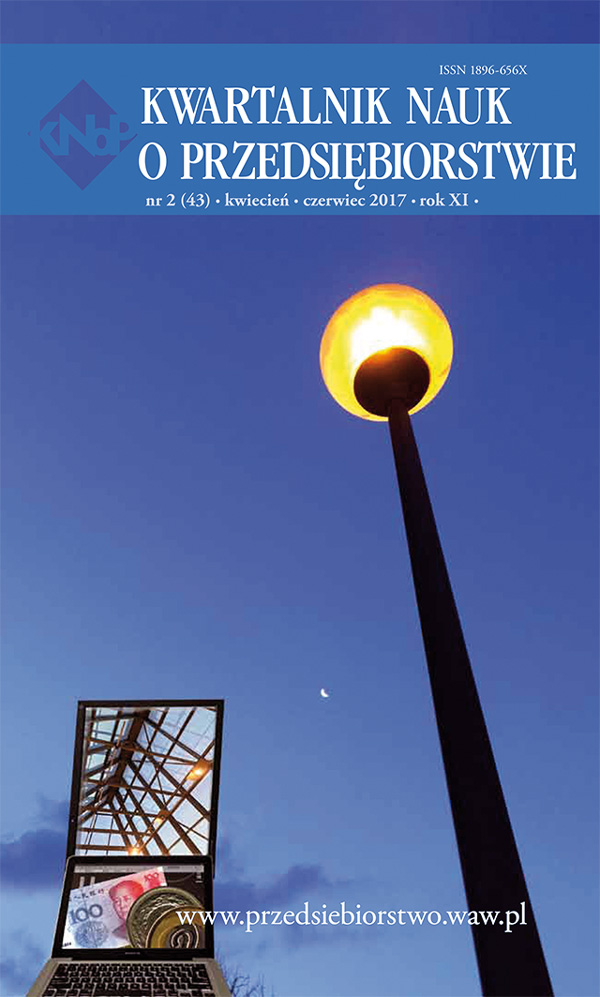Globalization, growth, and the transport industry: the case of Asia
Main Article Content
Abstract
The article looks at the relationship between economic development of Asia and the role transport sector has played in this development, especially the maritime transport, the main mode of transport for international trade. However, the economic expansion of China, India and other rapidly growing economies in Asia, may soon modify its course; from mostly export-driven growth to the one based on the increasing domestic consumption. Such a change of the course of economic development will impact the structure of Asian transport systems towards stronger domestic transport industries.
Downloads
Article Details
The author of the article declares that the submitted article does not infringe the copyrights of third parties. The author agrees to subject the article to the review procedure and to make editorial changes. The author transfers, free of charge, to SGH Publishing House the author's economic rights to the work in the fields of exploitation listed in the Article 50 of the Act of 4 February 1994 on Copyright and Related Rights – provided that the work has been accepted for publication and published.
SGH Publishing House holds economic copyrights to all content of the journal. Placing the text of the article in a repository, on the author's home page or on any other page is allowed as long as it does not involve obtaining economic benefits, and the text will be provided with source information (including the title, year, number and internet address of the journal).
References
Abbott J. [1975], An economic analysis of a COGAS propulsion plant in the maritime industry, “Society of Naval Architects and Marine Engineers”, 07306-2907, New Jersey NJ.
Bott U. [2014], Don’t reverse globalization. Refine it, “The Globalist”, April 22.
CFO [2012], Reversed globalization. A potential solution to commodity price volatility in the supply chain, “The Wall Street Journal”, CFO Journal, March 27.
Graafland G. [2016], Global future analysis, www.planck.org, dostęp 20/10/2016.
Hubbard P., Hurley S., Sharma D. [2012], The familiar pattern of Chinese consumption growth, “Economic Roundup”, No. 4, The Treasury, Australian Government.
Illitch I. [1975], Medical Nemesis, New York, Panteon.
IMF [2010], World Economic Outlook Database, IMF, October.
Matlack C. [2013], Why globalization is going into reverse?, “BloombergBussinesweek”, No. 23, November.
Rubin J. [2008 a], The end of growth, Canada Random House.
Rubin J. [2008 b], Will soaring transportation costs reverse globalization? , CIBC, World Markets Inc., August 21.
Rubin J. [2010], Why your world is about to get a whole lot smaller? Oil and the End of Globalization, Toronto, Random House.
Rubin J. [2015], The carbon bubble: what happens to us when it bursts?, Toronto, Random House.
Stopford M. [2010], How shipping has changed the world & social impact of shipping, Global Maritime Environment Congress SMM Hamburg, 7th September, MD Clarkson Research Services.
UNCTAD [2014], Review of maritime transport 2014, UNCTAD, New York-Geneva.
UNDESA [2016], United Nations Department of Economic and Social Affair, https://www.un.org/ development/desa/en, dostęp 20/10/2016.
World Bank [2016], World Bank Data, http://beta.data.worldbank.org, dostęp 20/10/2016.

